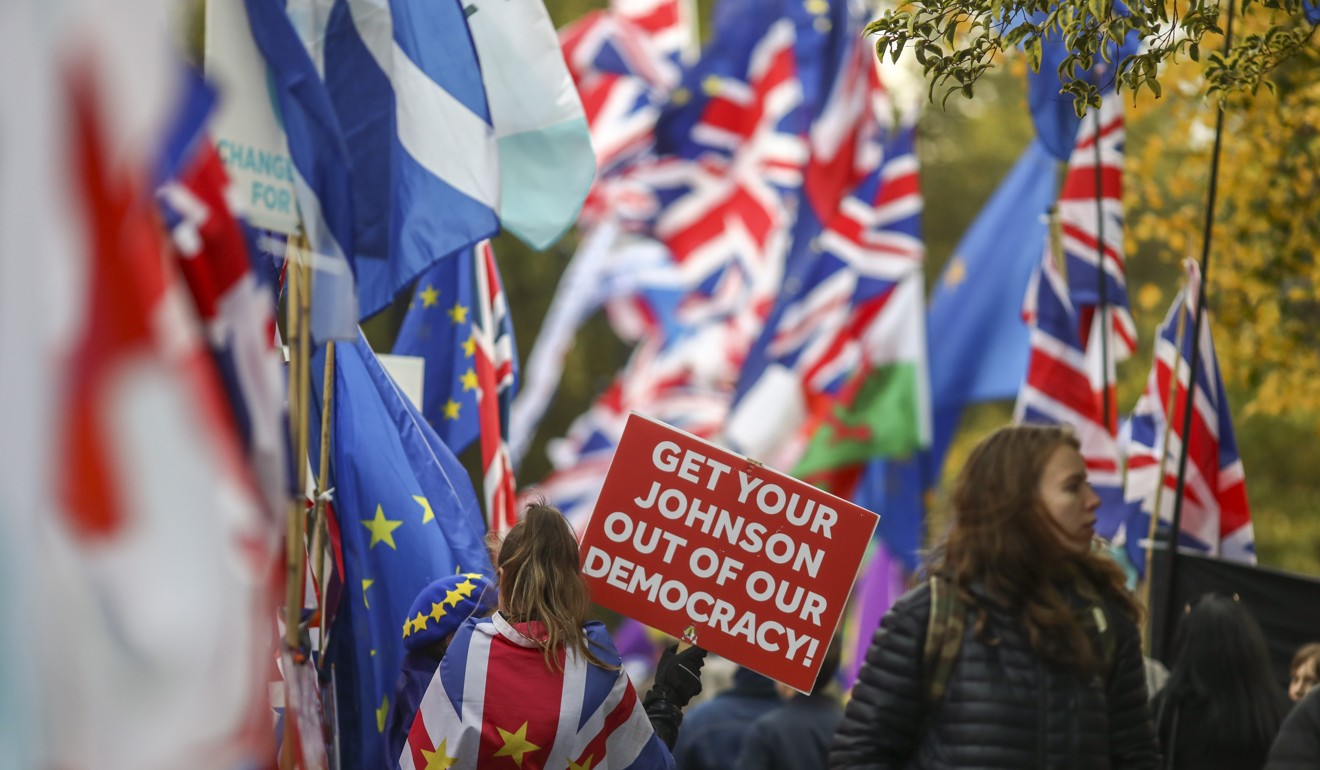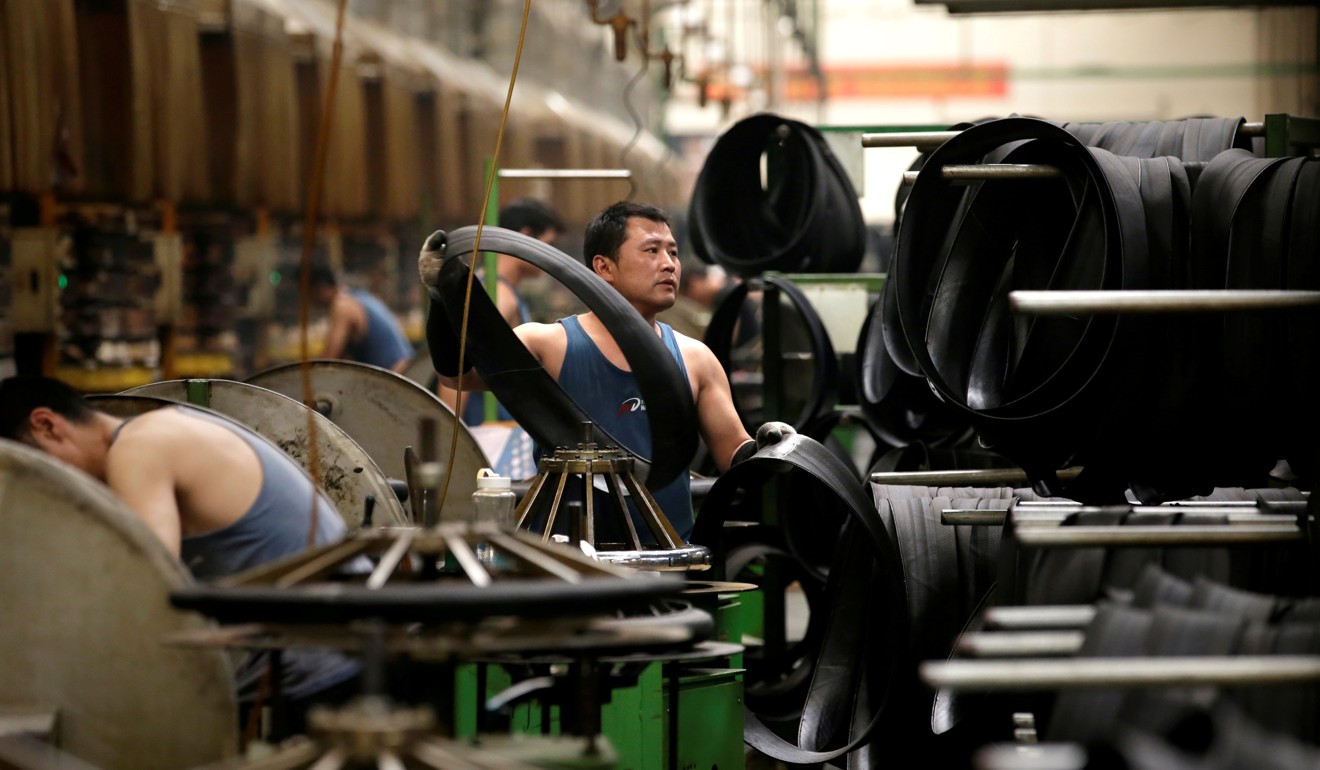
A ‘phase one’ US-China trade deal will do little to bolster confidence shattered by deglobalisation
- US Commerce Secretary Wilbur Ross recently suggested that an initial trade deal will go a long way towards resolving global uncertainty. To the contrary, it will take much more to reverse the effects of deglobalisation accelerated by the Trump administration
“I’m reasonably optimistic,” he said. “We will at least get phase one together, and that will go a long way toward resolving the uncertainty. People were worried this trade spat might go on for years and create uncertainty. If we resolve phase one, that will calm people down because they’ll see that the endpoint is within sight.”
So why do Ross and other Trump administration members continue to mouth meaningless platitudes about confidence bouncing back after an initial deal? Only the absurdly euphoric New York Stock Exchange, which is on a trade-deal high – a classic blow-off before collapse – should be irresponsible enough to believe that.
As one senior economist at a Washington multilateral institution told me: “Not many people think that ‘phase one’ can remove uncertainties [over] trade tensions in a meaningful way. The major channel through which trade tension affects the real economy is through uncertainty and confidence rather than direct trade impacts.”
Ross went on the defensive in response to my question in which I suggested that the trade dispute between the US and China had had an adverse impact on business confidence and investment.

Chinese exporters and US consumers ‘are big losers in trade war’
Globalisation has been on the retreat for more than a decade, Insead, in introducing Witt’s paper, notes. “Since 2008, there has been a slow decline in trade and large drop in foreign direct investment, and the rules and regulations for global business have tightened,” it says. Barring unforeseen changes, “the world is likely to continue on this path”.

There are diverging views on how all this will play out. According to “liberalists”, Witt says, a deglobalised world is likely to be a patchwork of economic linkages, in the shape of bilateral and regional trade agreements. In the extreme, this could result in re-emergence of economic blocs with currency and trade restrictions.
Container shipping facing titanic battle as global trade model shifts
The reach of multinational companies will shrink considerably while the risk and cost of international business will rise sharply. European firms may succumb to US trade demands rather than face the possibility of a Chinese global hegemon. Whichever proves right, deglobalisation will have a significant and expensive impact on multinational operations.
Where is the “win-win” Trump has bragged of in all this?
Anthony Rowley is a veteran journalist specialising in Asian economic and financial affairs

